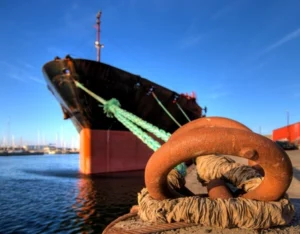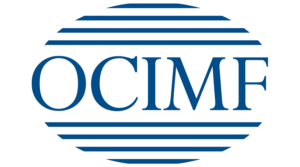
MOORING OPERATIONS
COURSE CATEGORY: Operational Deck
DURATION: 1 Day
Course recommended by:

COURSE OBJECTIVES AND BENEFITS
This seminar aims to train and provide guidance on the established good practices of safe and effective mooring and anchorage, covering aspects of the system, focusing on the basic safety requirements for crew and all those involved when the ship is berthed.
Topics:
1. Understanding Mooring Loads at Exposed Berths
Provide in-depth knowledge of the nature and characteristics of mooring loads in berths exposed to environmental forces such as wind, swell, and waves.
2. Compliance with International Regulations and Industry Best Practices
Update participants on the latest requirements from international bodies (e.g. OCIMF – MEG4, SOLAS, ISM Code, Classification Societies) and how to apply them effectively in mooring operations.
3. Safe Management and Monitoring of Mooring Loads
Develop the skills necessary to identify critical mooring loads and apply appropriate measures to prevent failures, particularly under challenging weather conditions.
4. Decision-Making Under Pressure
Enhance decision-making abilities through real-life incident scenarios where mooring loads exceed safe limits due to environmental exposure or improper ship alignment.
5. Coordination with Port Authorities and Agencies
Understand the importance of effective communication and cooperation between ship, port, and shore-side stakeholders to ensure safe mooring arrangements, taking into account berth design and port infrastructure.
6. Risk Assessment and Contingency Planning
Teach risk assessment methodologies specific to mooring at exposed berths and guide participants in the development of contingency plans to respond to potential mooring failures.
Target Group: Deck officers and crew, technical and marine superintendents, technical manager, Masters and Chief Engineers
This course is recommended by OCIMF‘s SIRE 2.0 protocol.


